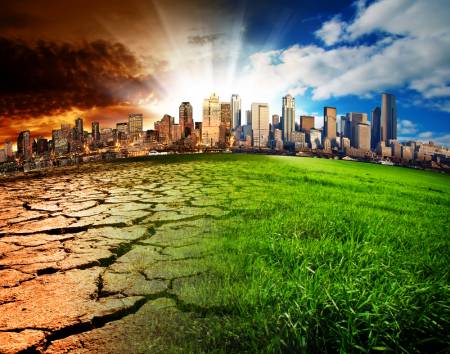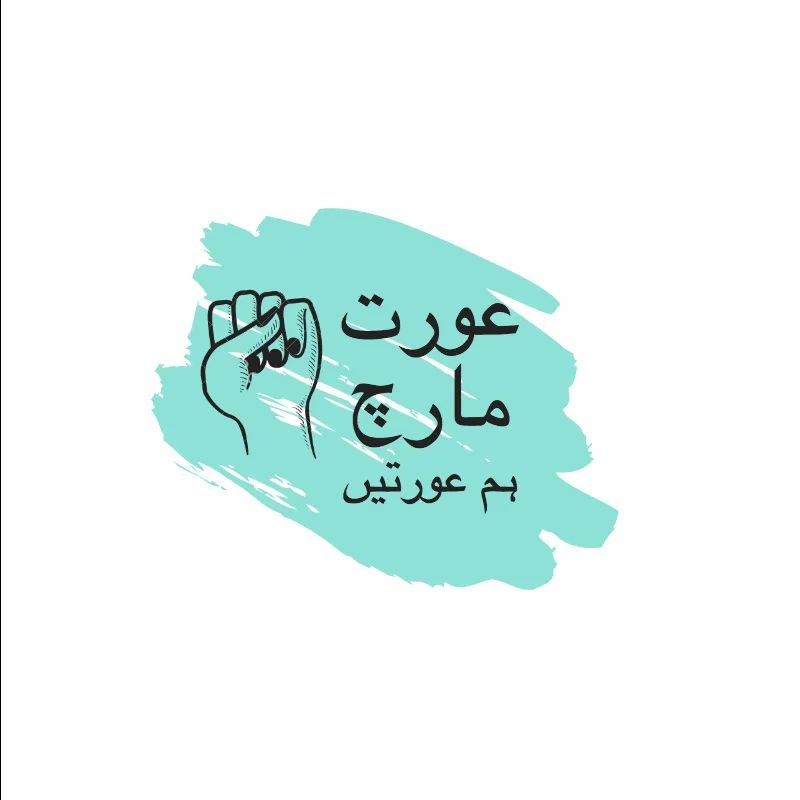I have written about Alladand Dheri, a village in Malakand district, before, and today, I revisit it to highlight a new aspect of its journey. The village’s residents have been running a community-based cleanliness program for years, driven by self-help efforts. This initiative has not only contributed to environmental cleanliness but also created much-needed employment opportunities.
According to available data, the program employs 15 individuals who receive regular monthly salaries. Waste is collected daily from 150 households, each contributing Rs. 150 to Rs. 300 monthly for the service. This reflects the community’s commitment to a cleaner environment and a collective approach to addressing local challenges.
In 2018, Deputy Commissioner Iqbal Hussain (36th CTP Officer) envisioned transforming Alladand Dheri into a model village. Engaging with local youth, he finalized a proposal I had shared with him after making some adjustments. With the support of Jamal Khan, the then vice nazim, the program was officially launched. Initially covering five neighborhoods and employing five individuals, the program faced challenges after the Deputy Commissioner’s transfer, scaling back to just one neighborhood.
Later, local youth, under the leadership of Yaseen, revived the initiative by forming the organization “Awaaz Clean and Green,” which continues to work towards maintaining cleanliness and environmental protection in the village.
While some may assume that the village is clean and free from waste, the reality is different. Though waste is collected daily from households, challenges remain. If garbage collectors fail to show up, the trash bins in front of homes overflow, disrupting the system. Additionally, nearly all sanitary landfills in the village have disappeared. Now, waste is collected at a designated point, where the Tehsil Municipal Administration (TMA) is responsible for its removal. Although this system is operational, there is still room for improvement.
When the TMA collects the garbage, they dispose of it along the village’s main stream. A minor flood often causes this waste to spread throughout the stream, polluting it with plastic and debris. Despite the cleanliness of the neighborhoods, the village stream remains heavily contaminated, a result of TMA’s negligence. This issue has been raised in several open forums, yet no action has been taken by the authorities.
Also read: Paper Mulberry: A Growing Environmental Concern in North region of Pakistan
Deputy Commissioner Iqbal Hussain, Jamal Khan, and Yaseen have worked tirelessly to bring positive change, but a single act of negligence can undo all their efforts. Sustainable progress requires collective responsibility and vigilance. If even one individual fails in their duty, it compromises the entire system, highlighting the need for consistent dedication from everyone involved.
This issue also ties into the broader goals of the Sustainable Development Goals (SDGs), particularly SDG 6 (Clean Water and Sanitation) and SDG 11 (Sustainable Cities and Communities). Effective waste management, including the proper disposal of waste and maintaining clean water sources, is essential to achieving these global targets. While the community has made strides in maintaining cleanliness, the lack of coordinated action from all stakeholders, including local authorities, hampers further progress. As the global waste crisis continues, with over 2 billion people lacking waste management services, Alladand Dheri’s challenges echo a larger issue faced by many communities worldwide. Sustainable solutions require collaboration at every level, from local organizations to government bodies.






